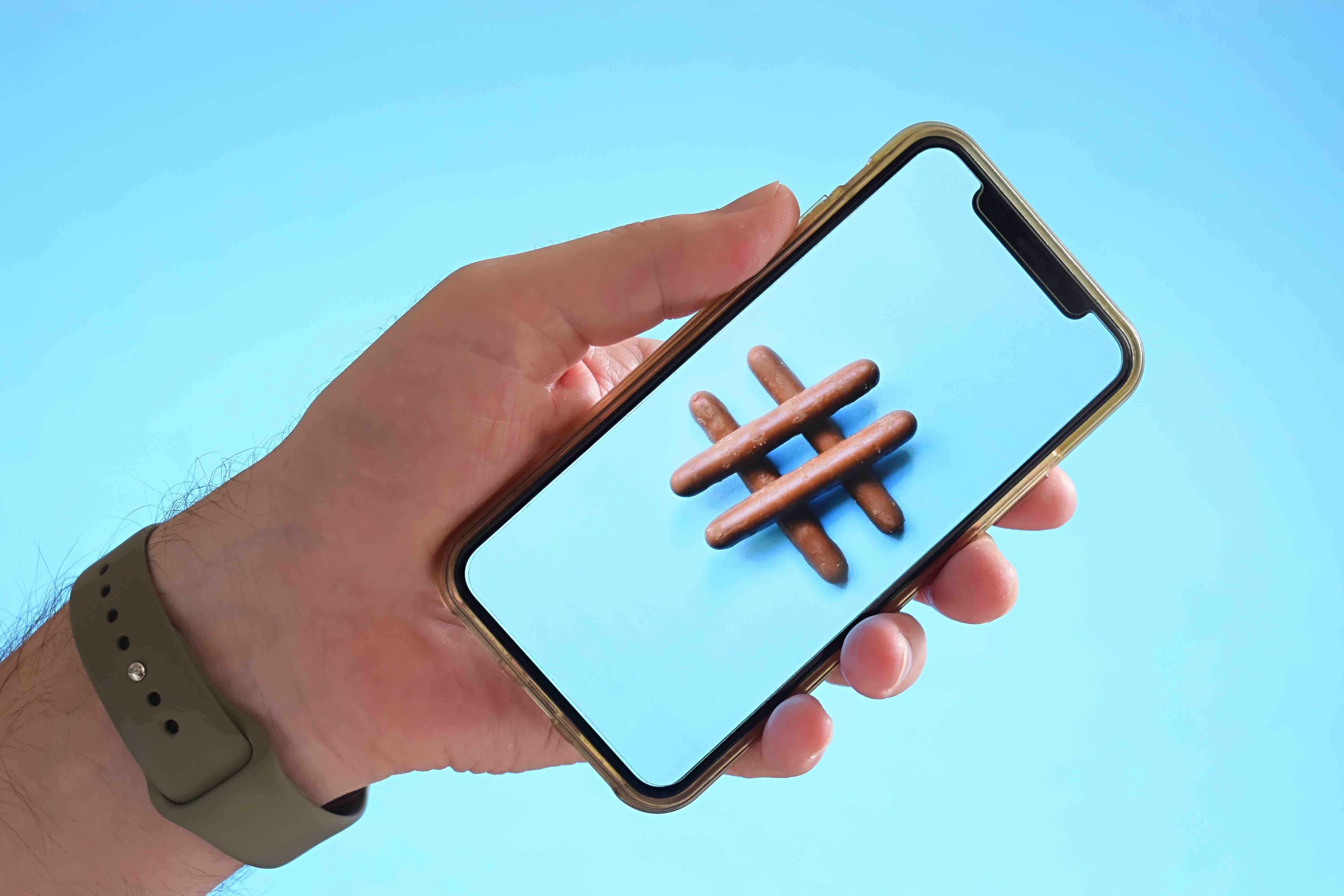
When its full potential is realized, social media becomes the modern world’s beating heart. Thanks to its enchantment, we maintain our connections and easily exchange thoughts, feelings, and perspectives in a “safe” online environment. It is not merely a place to advertise goods and services; it’s a portal to the outside world that keeps us abreast of global trends and fashions.
The real punchline is that remarkable relationships may be forged through social media. It is a worldwide hangout spot where we may meet interesting people from all over the world and form ties with them that will last a lifetime.
Humans flourish on social connections, as we are fundamentally social beings. The character of our relationships and interactions with others is intrinsically linked to our happiness and inner peace. Popular social media platforms such as Facebook, Twitter, Snapchat, YouTube, and Instagram are used by many to connect with other people in the digital age. These platforms have undeniable advantages, but it is essential to remember that they can never supplant the depth of face-to-face interactions. Through interpersonal interactions, we release hormones that alleviate tension, improve our health, and infuse us with a sense of joy and boundless optimism.
The dark site
Social media users share their thoughts, photos, and videos to gain attention. This strategy has the opposite effect of deleting or imposing the relatively negative anger. Negative feedback makes people unable to take criticism. This worsens their mental health and increases their suicide risk. Social media’s fantasy world reduces self-acceptance. They accept the world’s view of them.
The dark side of social media casts its shadow, fueling anxieties, self-doubt, and a fragile sense of self-worth. In the pursuit of followers, personal boundaries are often sacrificed.
Even with the knowledge that the images showcased on social media undergo alterations, the mere act of viewing them can stir up unease about one’s own appearance or the circumstances of one’s life. Similarly, it’s no secret that people tend to highlight the positives while concealing the inevitable challenges that life throws their way.
As we scroll through meticulously curated photos of idyllic beach vacations and seemingly perfect lives, envy and discontentment creep into our thoughts, taking hold of our emotions. This effect is particularly potent when such images are plastered across social media platforms, leaving us longing for a life that mirrors the one depicted before us.
When your mental health becomes impacted by social media then it is time for a detox.
Germany Kent
FOMO
The fear of missing out, often known as FOMO, is an emotional response that arises from the conviction that other people are leading happier, more fulfilling lives than oneself or that one is passing up significant possibilities. The fear of missing out is a common source of anxiety, discontent, melancholy, and stress. In recent years, the prevalence of the feeling of missing out has risen as a direct result of the advent of social media.
Facebook is the social media network that is most responsible for people’s feeling of impending doom (72%). It is then followed by Twitter (11%), Pinterest (8%), and Instagram (14%) respectively.
Research on fear of missing out indicates that 56% of people are concerned that they would be unaware of crucial events, news, or status changes if they are disconnected from their social networks.
69% of users think that they are missing out on key events if they do not check Facebook and other social networks, and they believe that these events are vital for further building their ties with others.
Modifying habits of social media
-
Be mindful to only use apps and social media channels that are beneficial to health: those that promote positive communication with friends and family. Remove from the smartphone everything that can provoke negative emotions, and thus from life.
-
Users may set a time restriction while scrolling through social media. The screen time feature enables users to establish a daily use cap for their allotted time. When it is reached, the application will terminate itself automatically.
-
Reducing social media use can aid in detachment and may improve sleep quality. Ideally, use should be reduced in the two hours preceding nighttime, but at the very least, at least 30 minutes prior to sleep. Screen-free time will help users prepare for sleep as opposed to scrolling through their phone.
-
Taking a break from social media may be simpler with a friend, as is facing obstacles. Users have someone to talk to about being offline. Knowing others are losing out helps too. If they‘re part of a bigger community, they may advocate a digital detox.
-
Social media detoxes allow time for new hobbies. Learning something new makes dark and empty evenings go by faster than scrolling on the phone. Many digital detox programmes include art, cooking, or sports. Creativity, endorphins, and mindfulness improve mental wellness.
The constant exposure to carefully curated images, the pressure to conform to societal standards, and the addictive nature of social media platforms can take a toll on our mental well-being. From anxiety and self-doubt to feelings of inadequacy and loneliness, the mind can become ensnared in a web of negativity. It is crucial for individuals to recognize the potential harm that excessive social media use can inflict and take proactive steps to protect their mental health. This may involve setting boundaries, practicing digital detoxes, and seeking support when needed.







